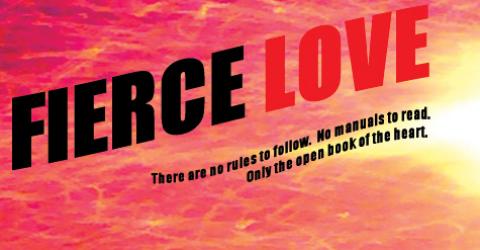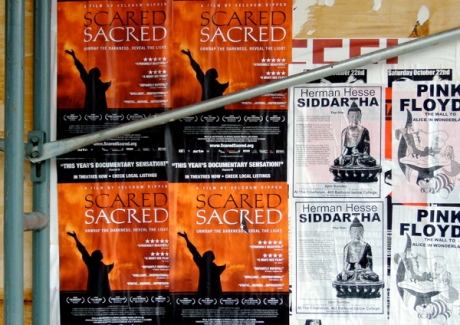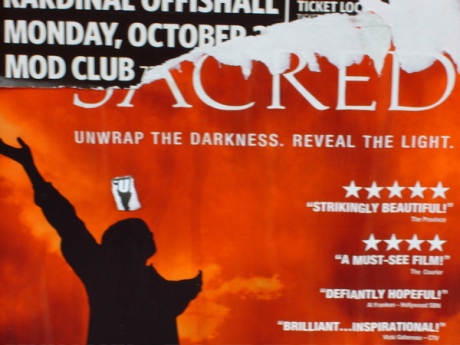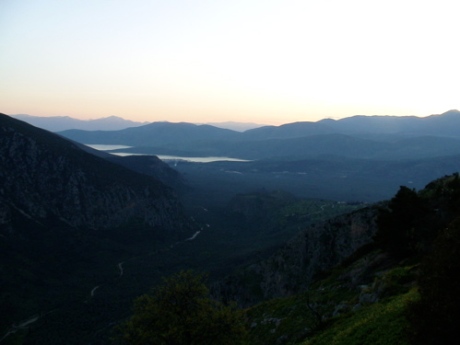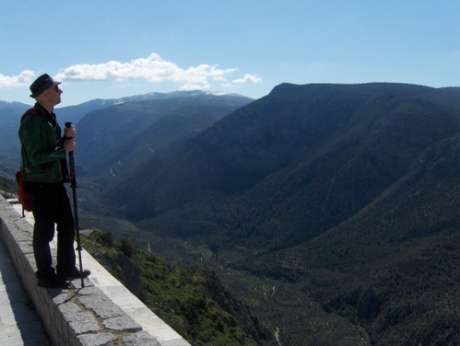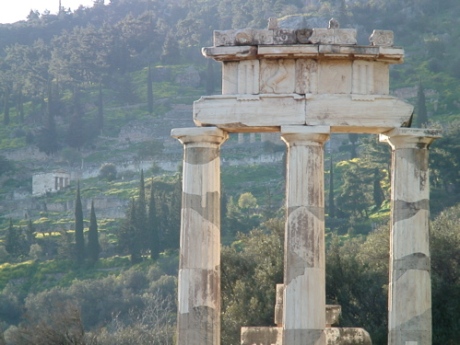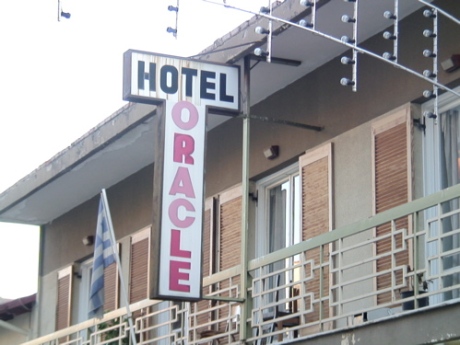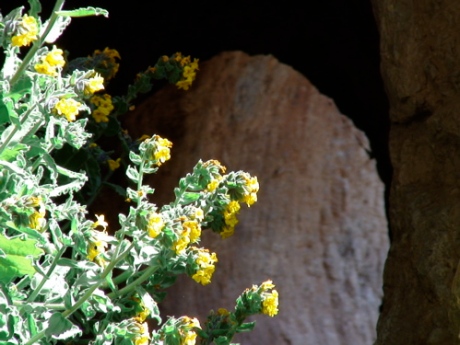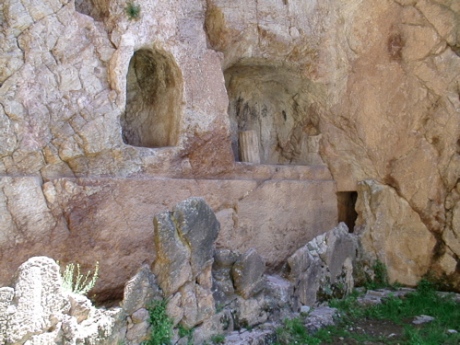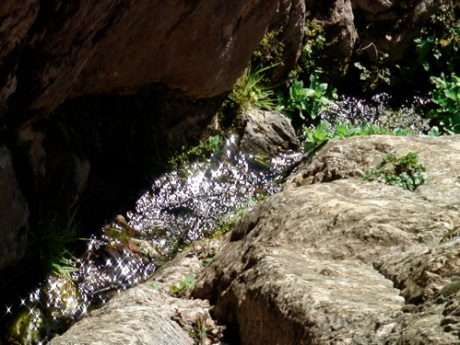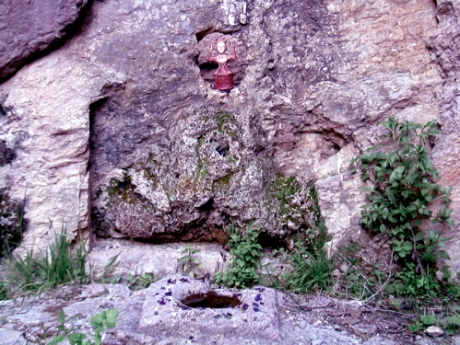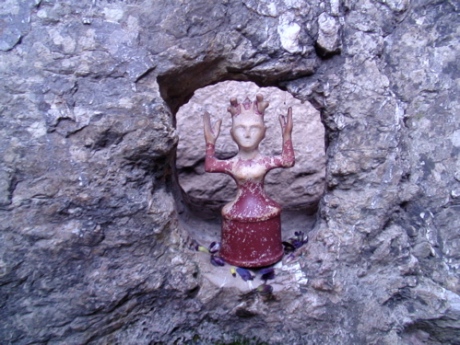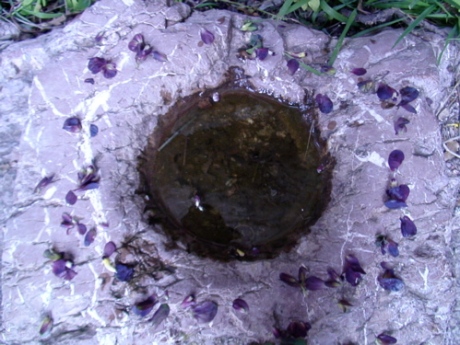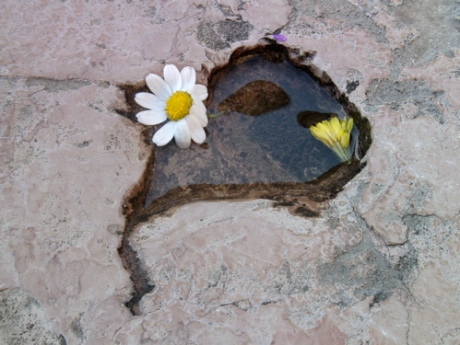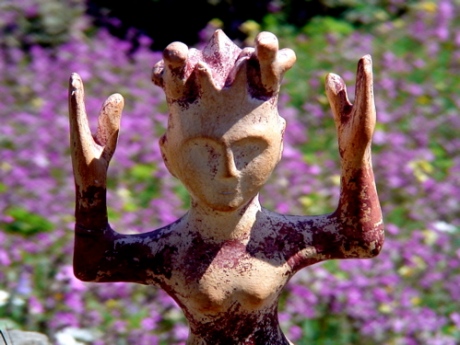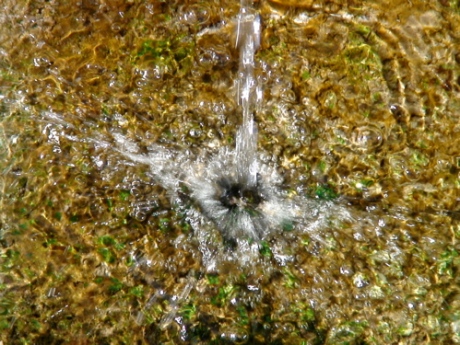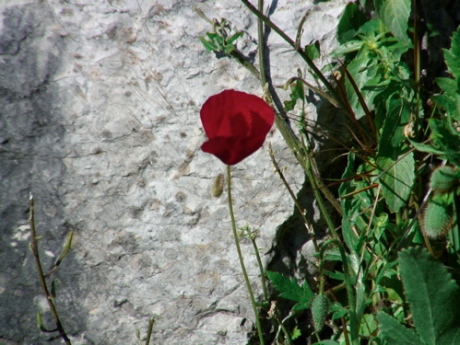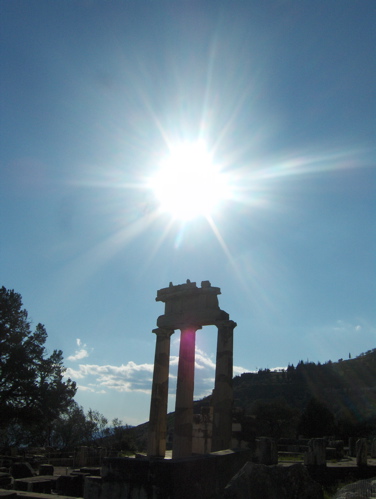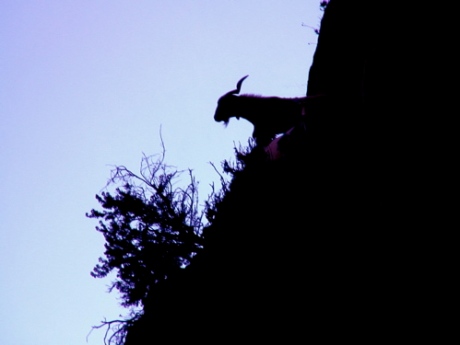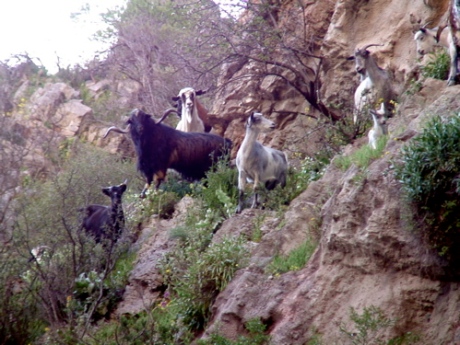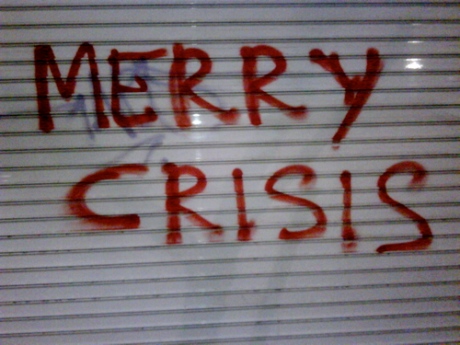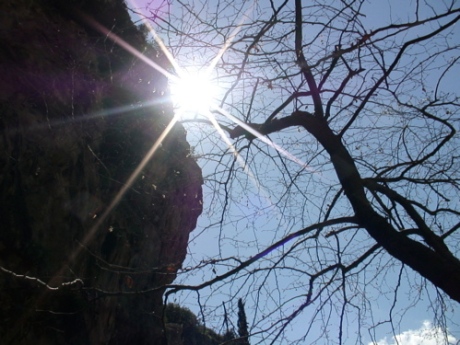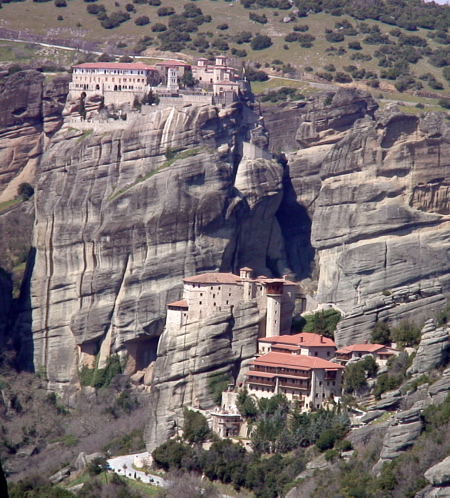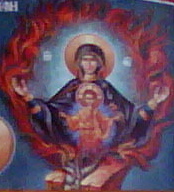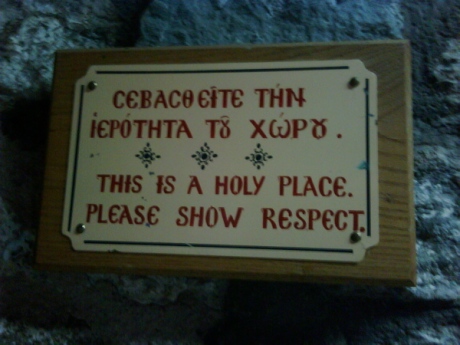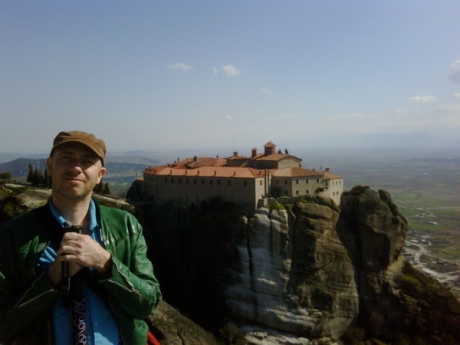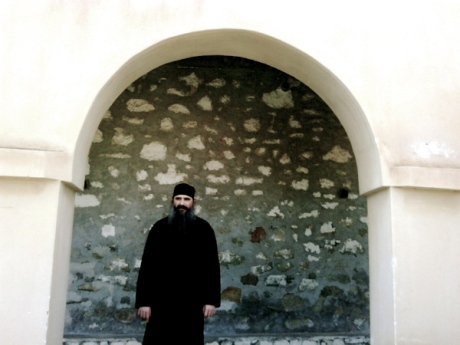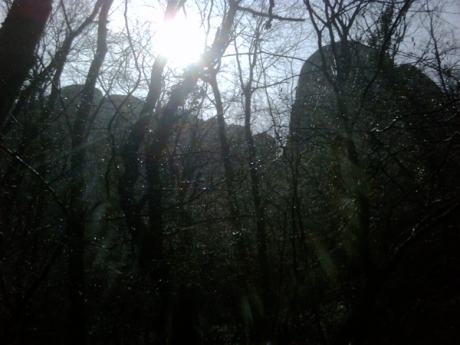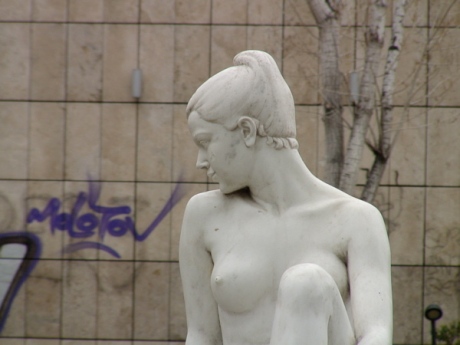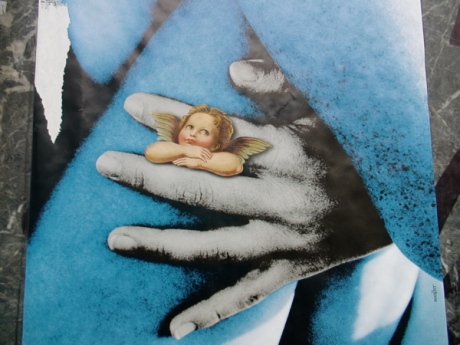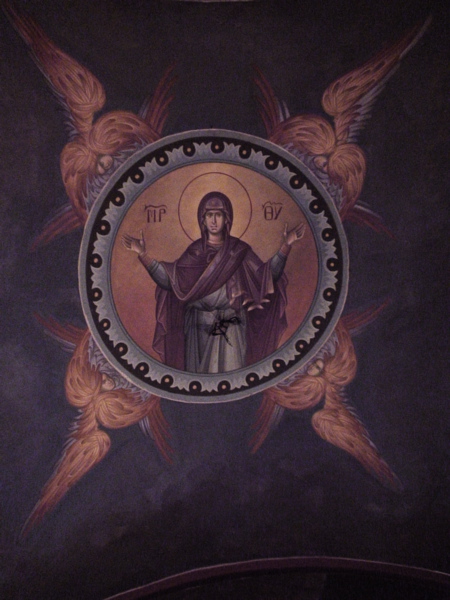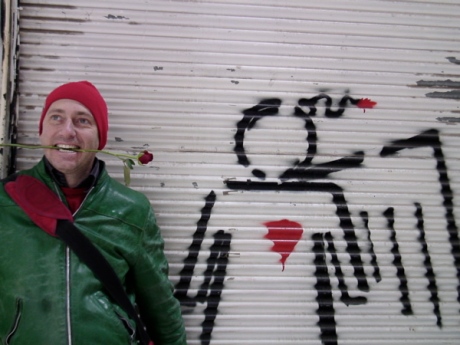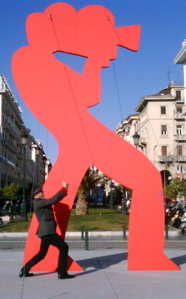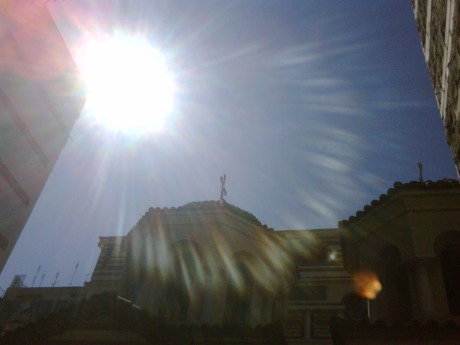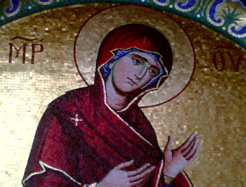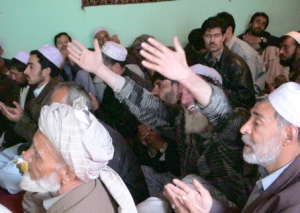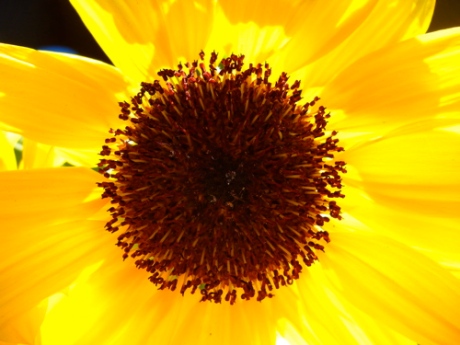“True surrender does not mean to passively put up with whatever situation you find yourself in and to do nothing about it. Nor does it mean to cease making plans or initiating positive action. Surrender is the simple but profound wisdom of yielding to rather than opposing the flow of life. The only place where you can experience the flow of life is in the Now, so to surrender is to accept the present moment unconditionally and without reservation.”
–Eckhart Tolle, The Power of Now
“So. You lost your home. You lost your belongings. You lost your lover. Keep losing. . . lose everything. Then move on to the true loss-ego loss. You can be of service. You can fulfill your destiny. But only with a clear mind and a gentle true heart. You do not need inner fireworks exploding. You are not working towards a Big Bang. All you need to do is be present. You are simply opening to who You are. Who You really are. You are a coiled snake, an untapped resource. Don’t lie dormant all your life. Please. This is real. Lose your silly doubts. Lose them. Lose everything, but trust. Remember Satish.”
~ ~ ~
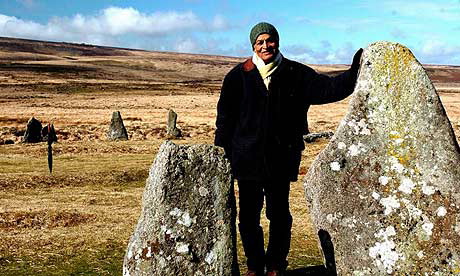
Satish Kumar grew up in India. At the age of eight, despite his mother’s objections, he decided to leave home to join a wandering order of Jain monks. His hair was pulled from his head, one strand at a time. He tied a white cotton mask over his mouth, which was to remain in place the rest of his life, to prevent him from accidentally breathing in an insect, and thus taking a life. He was given a small feather duster, in order to whisk the path before him, to protect the caterpillars, the worms, the ants. The Jain’s vow never to harm a living being, no matter how small. Satish began a life of spiritual devotion, living off of alms, teaching in the communities during the winter, studying and meditating in the monastery during the summer.
The years passed in rigorous devotion. Then one day, at the age of eighteen, he was given a book of teachings by a man named Mahatama Gandhi. Satish was suddenly struck by the revelation that for the last decade of his life, he had been living only half of the equation. Gandhi was offering a complete vision: the path of spirituality merged with the path of action. Here was someone who was truly practicing the principles of Ahimsa, of non-violence, not just by avoiding causing injury, but by actively working for social change.
Soon after this breakthrough, Satish and a friend crept away in the dark of night, leaving behind a pile of clothes under their blankets to make it appear as though they were still asleep in bed. The ruse was discovered and they were captured at the train station. It would be a disgrace to both their families and the monastery, if they were to desert the order. But Satish was determined, and finally he did escape, finding a sanctuary in the ashram of Vinobah Bhave, Gandhi’s greatest disciple.
Satish became a spiritual activist, working to uplift the lives of India’s ever expanding ocean of poor. He joined Vinobah’s land “Boondah,” a vast journey on foot across India, asking land owners to give a small percentage of their land to the untouchables. Over the years, more than twenty-three million acres of land was donated to the landless outcastes.
1953 marked another turning point in Satish’s spiritual journey. After seeing Bertrand Russell on television getting arrested for protesting nuclear weapons, he became inspired to make his own statement against the deadly trajectory of the atomic age. Satish vowed to do a personal pilgrimage to the four nuclear powers, on foot, from India, to Russia, Paris, London, and Washington DC, bringing the wisdom of ‘Ahimsa’ to the leaders who controlled the weapons that could, with a single push of a button, spell the end of life on this sacred earth.
Before he left, Satish stopped in to ask his guru to bless his journey, and offer advice. Vinobah was no stranger to long walks.
“It is a long journey. You’ll need some protection. I want to give you two weapons to protect you,” he said.
“How can non-violent people carry weapons?” Satish asked.
“Non-violent people carry non-violent weapons. The first weapon is that you will remain vegetarian under all circumstances; the second is that you will carry no money, not even a penny.”
“Not even a penny?”
Vinobah explained that money is an obstacle to real contact. “If you have no money, you will be forced to speak to people and ask humbly for hospitality. Secondly, when you are offered hospitality you will say, ‘I am sorry but I eat only vegetables.’ People will ask you why? Then you can tell them about your principles of non-violence and peace.”
Satish and his friend set off on foot, for eighteen months, bringing nothing with them. Nothing, but trust.
~ ~ ~
August, 1999
A month ago, Angela and I drove the just purchased red VW Polo to Devon, in the south of England, where Satish lives in a stone farmhouse. Today he’s the director of Schumacher College, an international hotbed of deep ecology thinkers, as well as the editor of Resurgence magazine. Known as the ‘sage of the deep ecology movement,’ Satish is a vibrant man in his sixties, who recently completed an Indian tradition in which the householder sets off on a pilgrimage, in the years after the children leave home.
“My mother said that if you have not had a pilgrimage by the time you are fifty, it’s time to get going!”
This latest pilgrimage took him to the sacred sites of England: Glastonbury, Canterbury, Lindisfarne, and Iona. Still walking, after all these years.
Satish welcomed us into his home, and began bustling around his old farmhouse, setting an enormous kettle atop an old wood burning stove. As he scooped the tea leaves into the pot he recounted a story from his great walk for peace. When he and Menon, his traveling companion, were passing through Armenia, a woman from a tea factory offered them four packets of tea.
“They are not for you,” she said, “Please give one to our Premier in Moscow, one to the President of France, one to the Prime Minister of England, and one to the President of the United States of America. Tell them that if they get mad in their minds and think of pushing the button to drop nuclear bombs, they should stop for a moment and have a fresh cup of tea from these packets. And remember that the simple people of the world want bread, not bombs, want life not death.”
After walking for eighteen months, from the grave of Mahatma Gandhi to the grave of John F. Kennedy, Satish returned to India. He went to see Vinobah, who was on his eternal walk throughout India. After greeting him warmly, Vinobah said, “You have done well. It is brave and courageous. But ultimately, you need go nowhere to find peace. It is within you. The centre of the earth is here.”
~ ~ ~
I asked Satish if he could think of what I call a ‘Scared Moment,’ a moment of fear, from his life’s journey. He thought for awhile before responding. “The only moment of fear I have known is when you are meditating. With your will and your thought and your concentration you are trying to be one with the world, to see everything as a tapestry, as a web of life. Sometimes you feel that ‘I am thinking. I think therefore I am.’ And this ego scares me, this pride, this separateness, it scares me, because my Jain and Gandhian and Hindu and Indian holistic mind wants to melt with the world and not remain separate. Like a little pool of water separated from the lake, from the river or the ocean. So I want to break the boundaries. But moments come when the boundaries hold on to itself and I’m clinging to my separateness. That clinging to separateness scares me.”
This fear is a final defense mechanism of the ego itself, a resistance to it’s own submergence. In his heart of hearts, beyond that flickering illusion of fear, Satish is fearless.
“I’m not afraid. Fear is not my friend and I don’t travel with fear. Fear is only because we don’t trust the universe mother. You come into this world naked, without any possessions, without any money or house or anything. The moment you take birth, mother’s milk bursts out of her breasts to feed you. Only three percent of creatures upon this earth are humans, ninety-seven percent of them are tigers, snakes, elephants, deer, worms, butterflies and millions of other species. They will be fed, sheltered and everything will be looked after by the principle of the mother earth, and the universal law of the divine presence. And nobody is afraid out of those ninety-seven percent. Only humans are worried, afraid to stiffness. A little bit of fear like salt in the food is alright, but if you put too much salt in the food, food is inedible.
“If you put too much fear in our lives, life is not worth living. So for the future, I have no fear. God, Mother Earth, the Mother Principle will look after everything. So for me trust is the guiding principle, and fear is not the guiding principle. I trust in God and I trust in people and I trust in nature and I trust in universe.”
